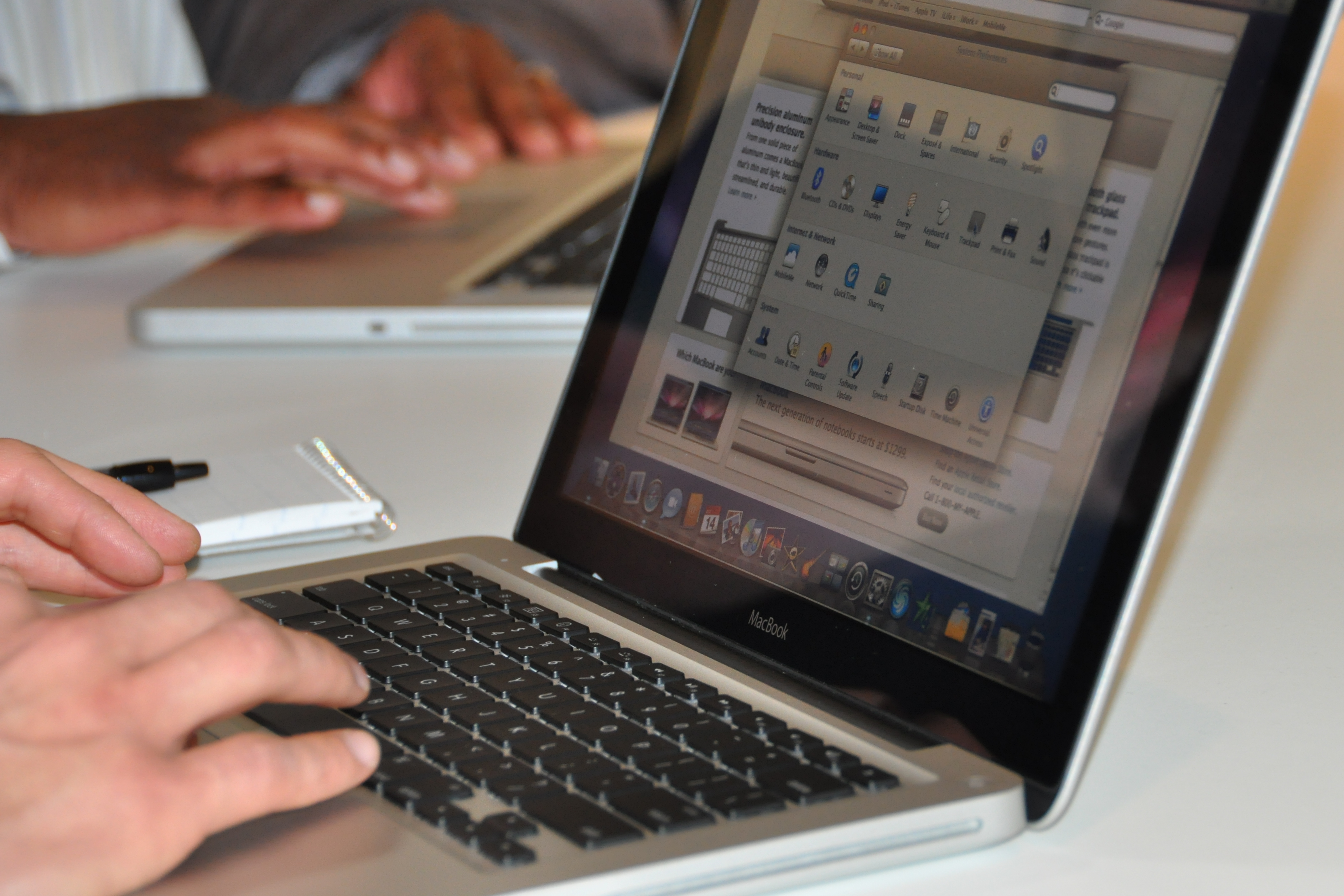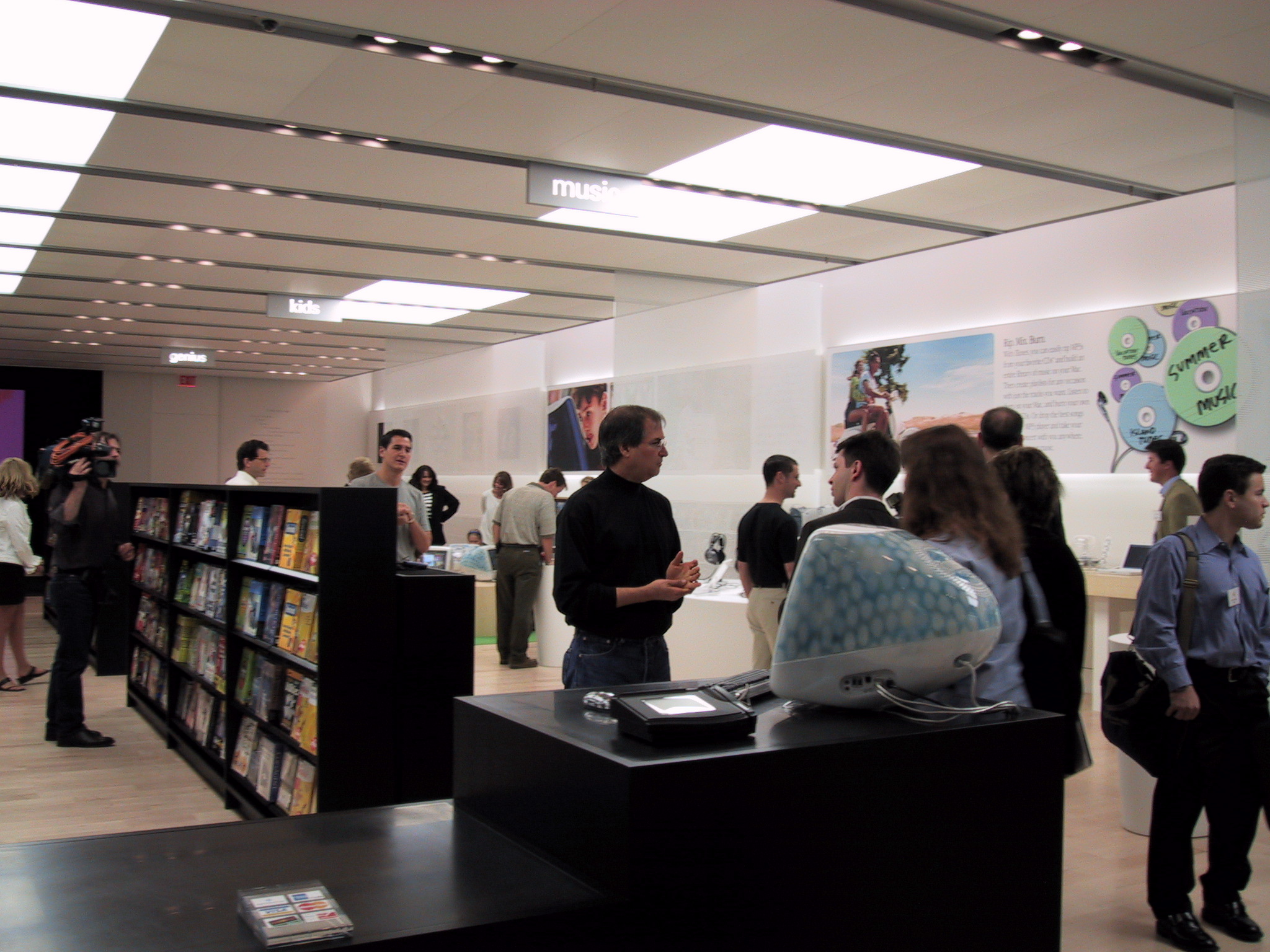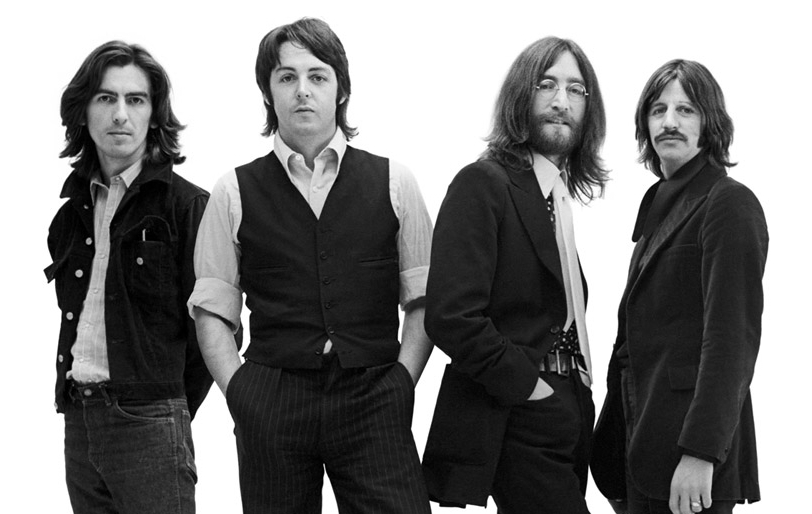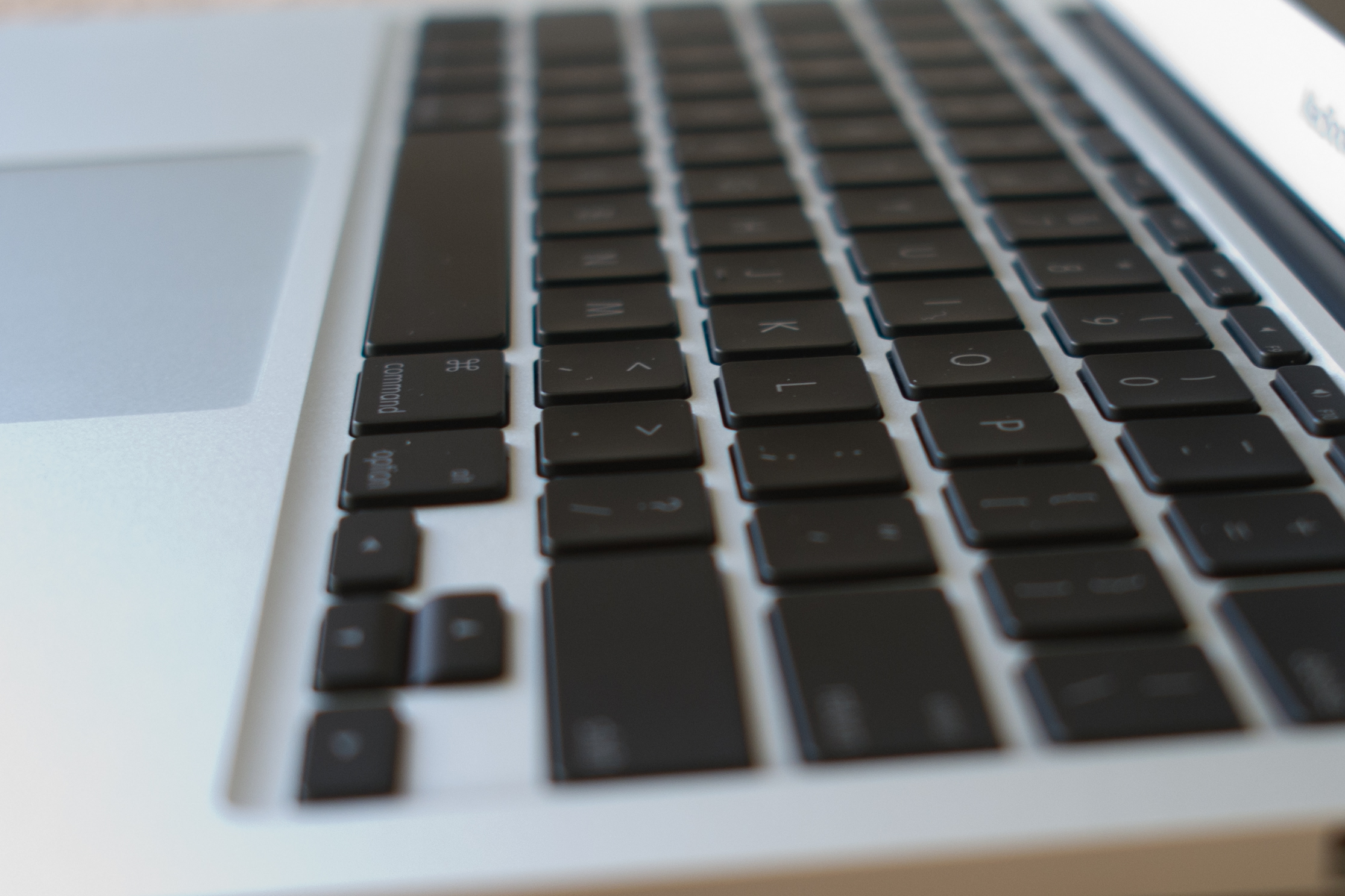Google+ reminds subscribers all about birthdays in the stream, and in sending wishes to someone from Nexus 7 FHD this morning, the default message, “Happy Birthday, +person’s name!”, lit up my synapses.
I wonder about the hidden, subliminal positive connotations of Google using a plus-sign before all subscribers’ names. Does seeing it make us feel happier?
Facebook uses “Like”, which is loaded with positive connotations, and Google copied the approach with +1, which makes sense for a company where numbers are so important—from the math behind search to all the data associated with the search keyword business model.








